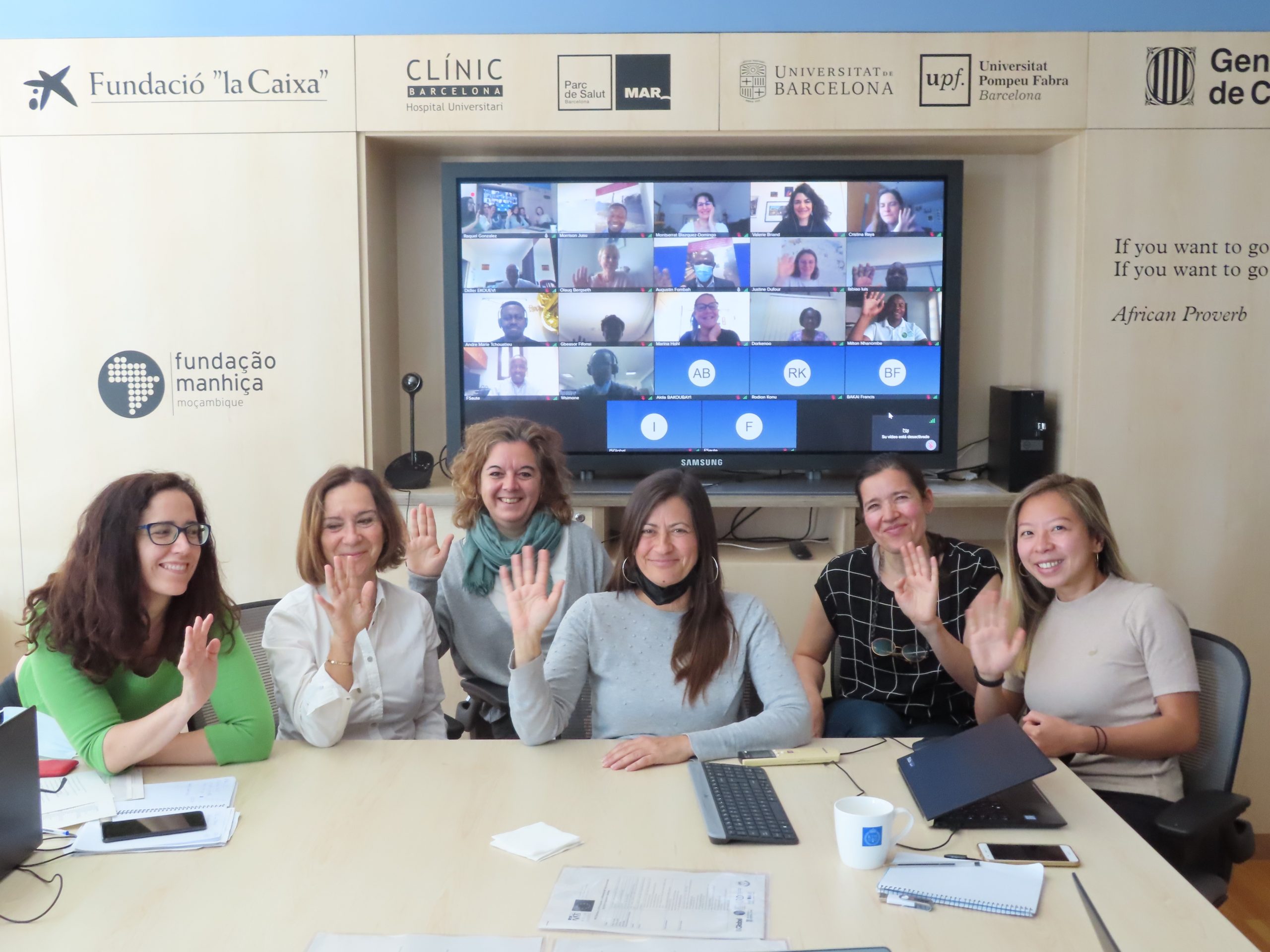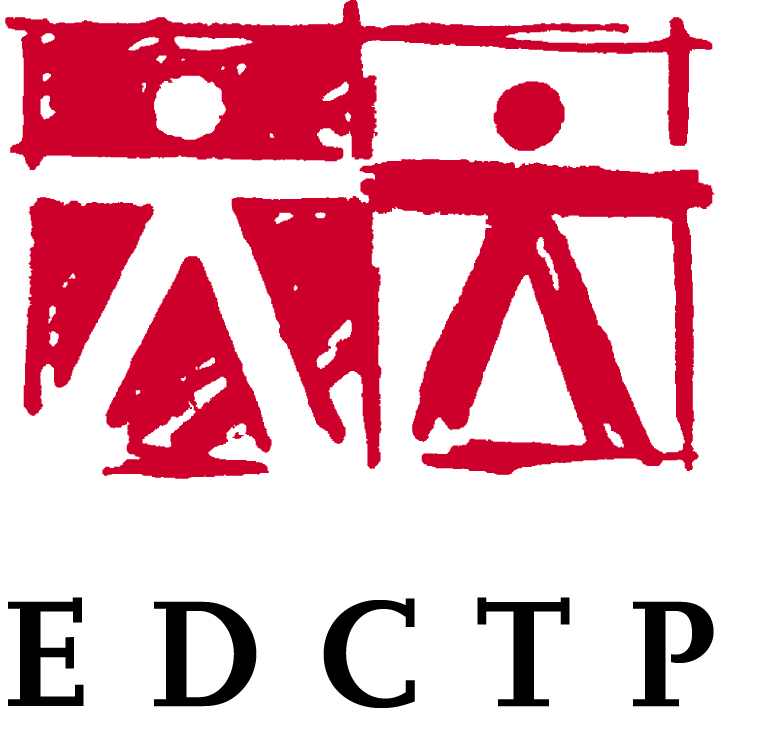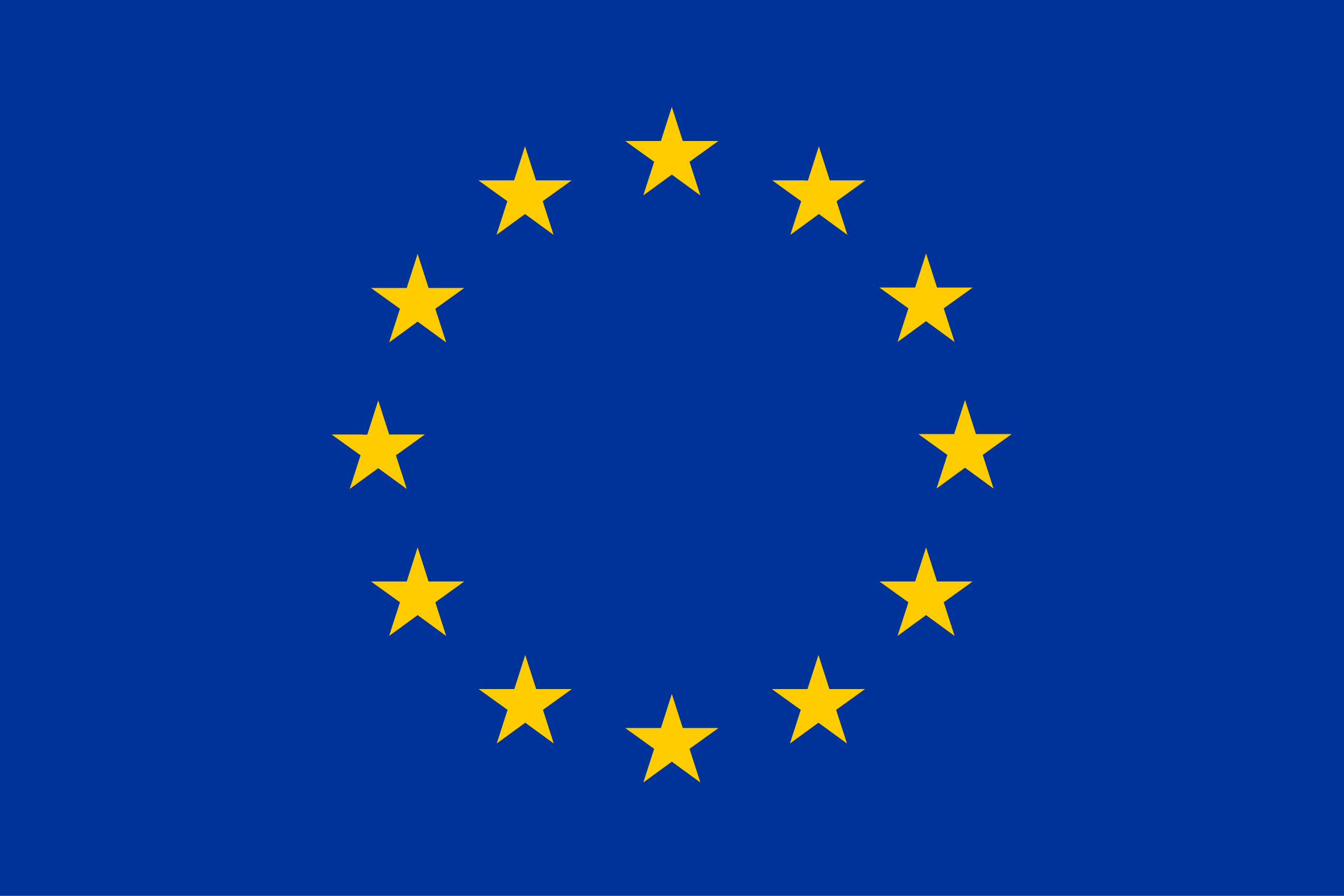Kick off of MULTIPLY, a Project that Seeks to Increase Child Survival through the Implementation of IPTi
40 participants from Togo, Sierra Leone, Mozambique, France, Switzerland, the Netherlands and Spain participate in the virtual meeting on May 5-6, 2021
In the last decades, little change has been introduced in the tools and strategies the international community uses for malaria prevention in children. Despite the wide distribution of insecticide treated nets, there are still over 60% of pregnant women and children who do not sleep under one of them. In this context, in 2010, the WHO recommended Intermittent Preventive Treatment in infants (IPTi) for malaria control in children under 1 year of age living in areas with moderate-to-high malaria transmission.
Despite that IPTi has been shown to be safe and efficacious in reducing clinical malaria, anaemia and hospital admissions, and to be highly cost-effective since it is delivered alongside childhood vaccinations through the Expanded Programme on Immunisation (EPI), and uses an inexpensive antimalarial drug (Sulfadoxine-Pyrimethamine), it has not been implemented to date except in Sierra Leone.
“As efforts to control malaria are stalling, and the disease is particularly severe in children under two, it is imperative for countries in Africa with areas of moderate-to-high malaria transmission to implement IPTi in the first two years of life” affirms Clara Menéndez, director of the Maternal, Child and Reproductive Health Initiative at the Barcelona Institute for Global Health (ISGlobal)-Hospital Clínic/Barcelona University, and project coordinator of the MULTIPLY project.
MULTIPLY (Multiple doses of IPTi Proposal: A lifesaving high yield intervention) is a 40-month implementation research project coordinated by ISGlobal, an institution supported by “la Caixa” Foundation, that will seek to increase the doses of IPTi given from 3 doses in the first year of life to up to seven doses in the first two years of life, alongside routine vaccinations both at health facilities and mobile-outreach clinics, in selected areas of Sierra Leone, Togo and Mozambique.
The project will be implemented with stakeholders at the national level – the Ministries of Health of Togo, Sierra Leone and Mozambique- and more specifically the National Malaria Control Programs and the Expanded Programs on Immunisation. Internationally, WHO and UNICEF will facilitate the dissemination of knowledge and inform recommendations and guidance for IPTi delivery.
The MULTIPLY Consortium
The consortium partners are ISGlobal, the Institut de Recherche pour le Développement (IRD), France; Fundaçao Manhiça, Mozambique; University of Lomé (UL), Togo; College of Medicine and Allied Health Sciences (COMAHS); Sierra Leone and Medicines for Malaria Venture (MMV), Switzerland.
The MULTIPLY project is funded by the European & Developing Countries Clinical Trials Partnership (EDCTP), with additional support from The Bill and Melinda Gates Foundation, “la Caixa” Foundation, and the Spanish Development Cooperation Agency (AECID).
This project is part of the EDCTP2 programme supported by the European Union (grant number RIA2020S-3272-MULTIPLY).









